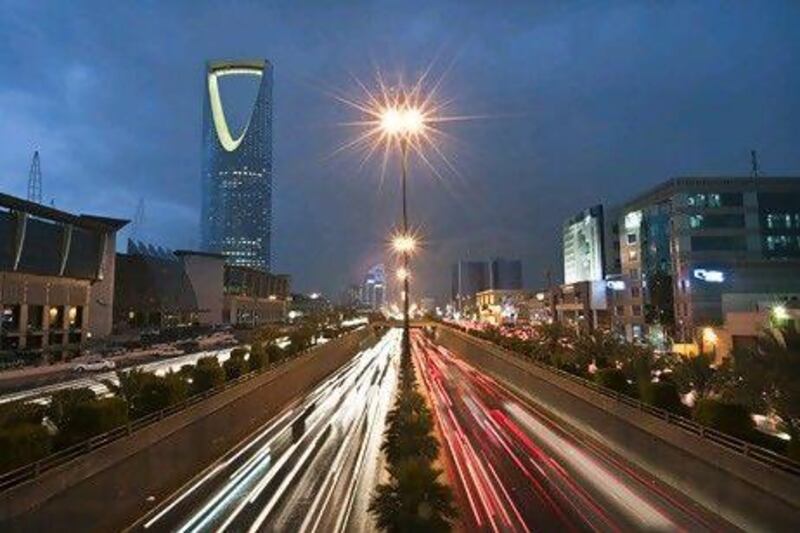Jumeirah Group, the Dubai luxury hotel company that manages the Burj Al Arab, is turning its focus to expanding closer to home, with countries including Saudi Arabia and Qatar on its radar.
The company yesterday said it was in discussions for projects in Doha and had letters of understanding for hotels in Saudi Arabia.
"Now, very significantly, we are concentrating on coming back strongly into this region," said Gerald Lawless, the executive chairman of Jumeirah Group.
"This is an area where there's great potential for Jumeirah to develop, and we will be concentrating strongly on the Middle East and Asia over the coming period."
Mecca, Medina, Jeddah, Riyadh and Al Khobar are the cities in Saudi Arabia that are under consideration.
The company has doubled the number of hotels it operates globally since the beginning of last year from 10 to 20, with recent openings including a resort in Majorca, Spain.
"We decided we would develop on an asset-light management basis as a luxury hotel brand, and to do that we felt we had to have an international credibility and credentials in order to be able to really come back with a luxury brand," said Mr Lawless.
"So therefore we did expand overseas, in China, in the Maldives, through Europe and into America on management contracts."
Mr Lawless said he would like the company to develop properties in Egypt and Tunisia.
"Tunisia, a bit like Dubai, there's a lot of city-resort-type hotels and it's very well known in the European market," he said. "And, ultimately, I think we will see ourselves doing some development on an opportunistic basis in Africa - that would be places like South Africa, Kenya."
India is another market in which the operator hopes to sign agreements in the coming months, Mr Lawless said. The Seychelles, Mauritius and India are other markets that Jumeirah is keen to enter, he added.
The company reported its beachfront resorts in Dubai had posted occupancy levels of 84.4 per cent in the first four months of the year, while revenue per available room grew by 18.7 per cent. For its city hotels, occupancy reached 85.5 per cent and revenue per available room grew by 8.4 per cent.
Global hotel management companies are also increasingly focusing on the region. InterContinental Hotels Group yesterday signed a management agreement for the InterContinental Muscat Hills Golf Resort in Oman.
The US$90 million (Dh330.5m) hotel and club house, which will also be managed by InterContinental, are scheduled to open in 2015.
Also yesterday, Starwood announced plans to return to Iraq after 20 years, with agreements to manage two hotels in Erbil in Iraqi Kurdistan. The operator plans to open a Sheraton hotel and a Four Points by Sheraton hotel in the city, both scheduled to open in 2015.
"Erbil is a great place to start," said Neil George, Starwood's vice president of acquisitions and development in Africa and the Middle East.
"Then we'll look at other markets as things unfold. We'll look at Sulaymaniyah, we'll look at Karbala, we'll look at Basra. We'll grow as the country returns to normalcy."
And Marriott said it would recruit more than 12,000 employees over the next five years as it expands in the Middle East and Africa. It plans to hire 4,400 in the UAE alone. The company has 43 hotels under development in the Middle East and Africa.
Revenue per available room in the Middle East increased by 10.4 per cent in the first quarter of this year compared with the same period last year, according to figures from STR Global.
twitter: Follow and share our breaking business news. Follow us





